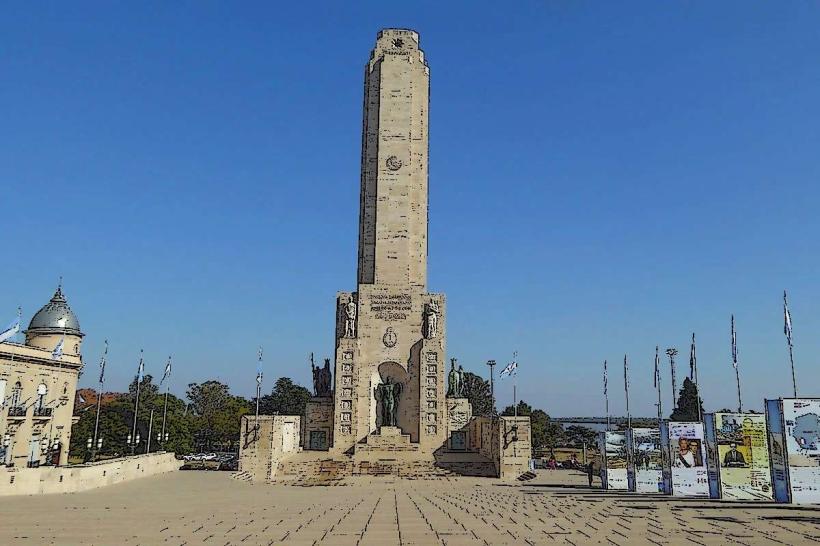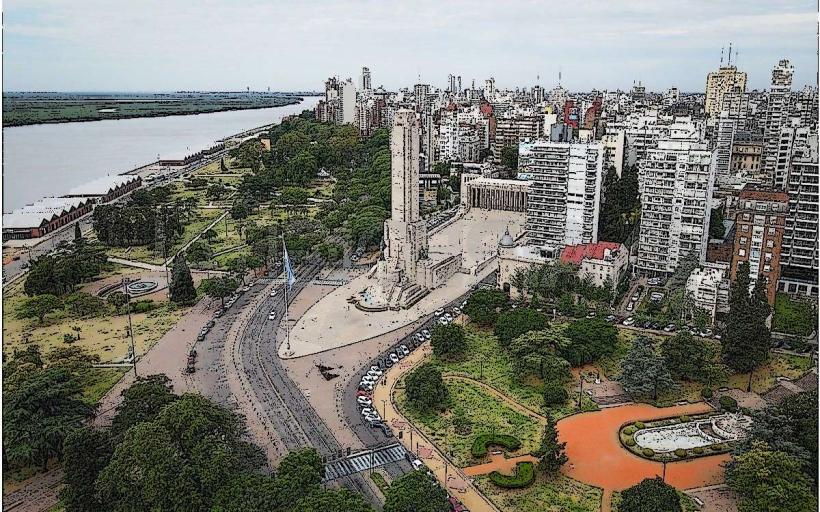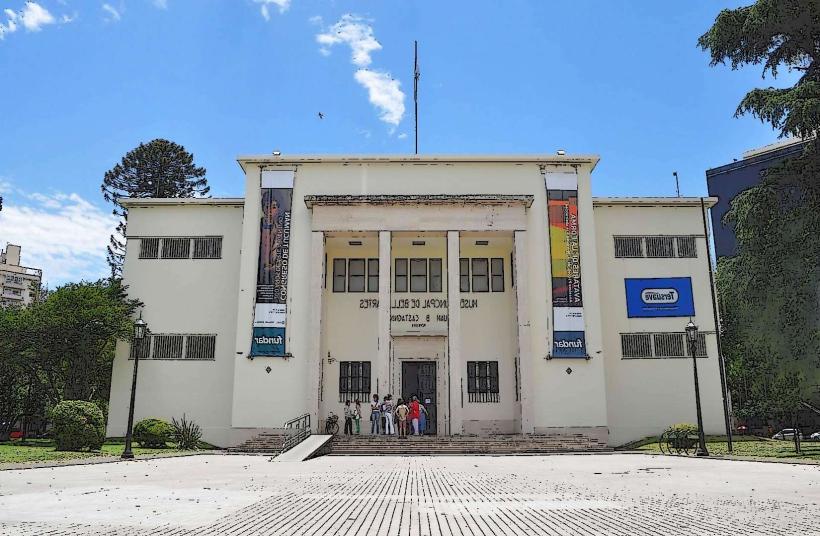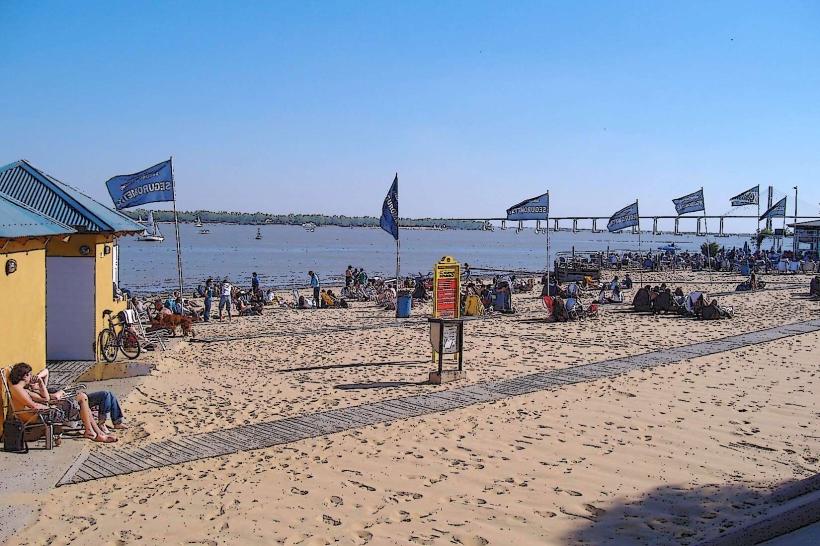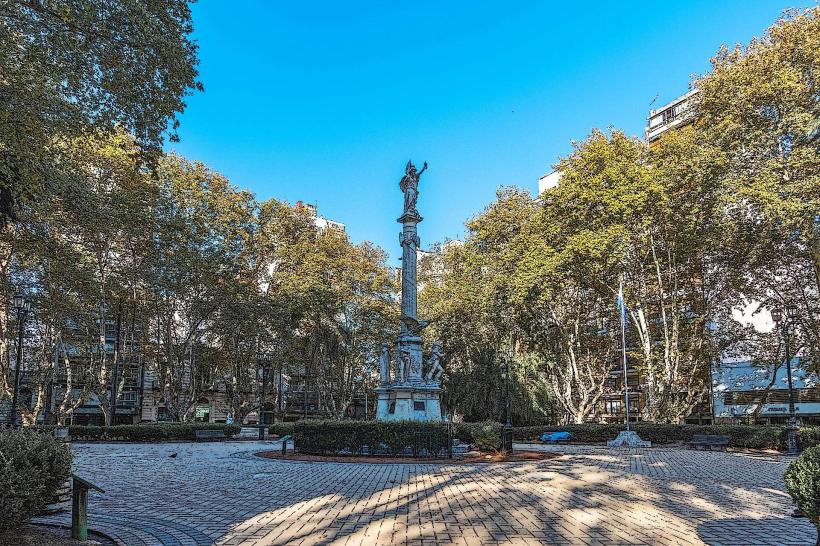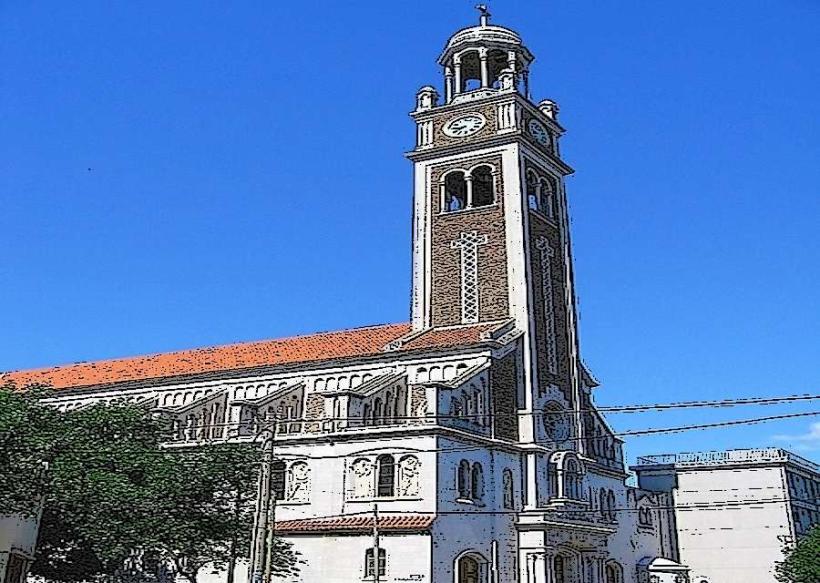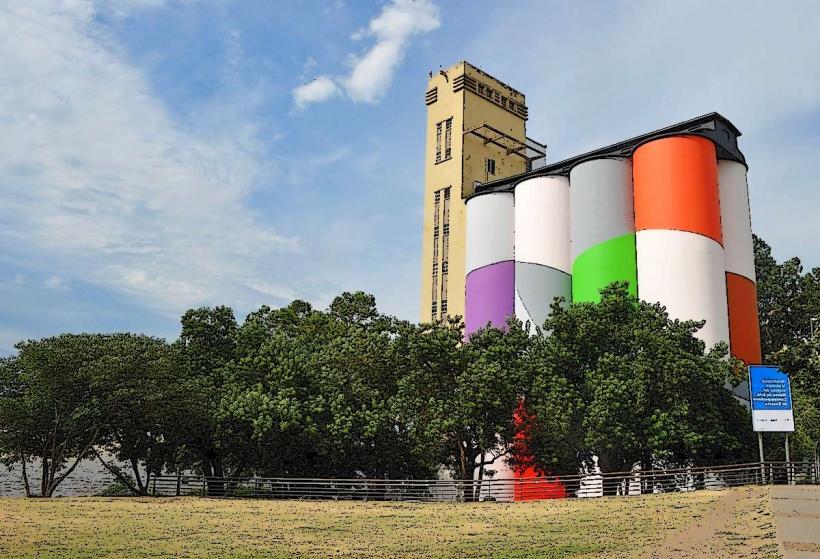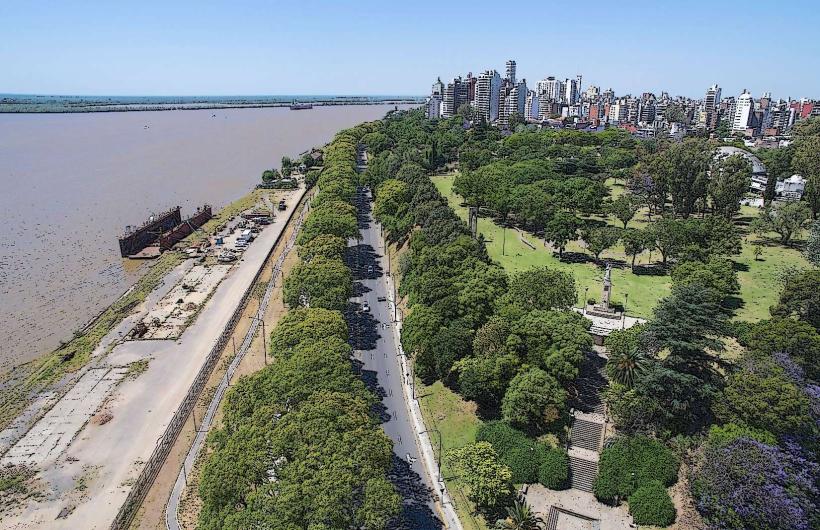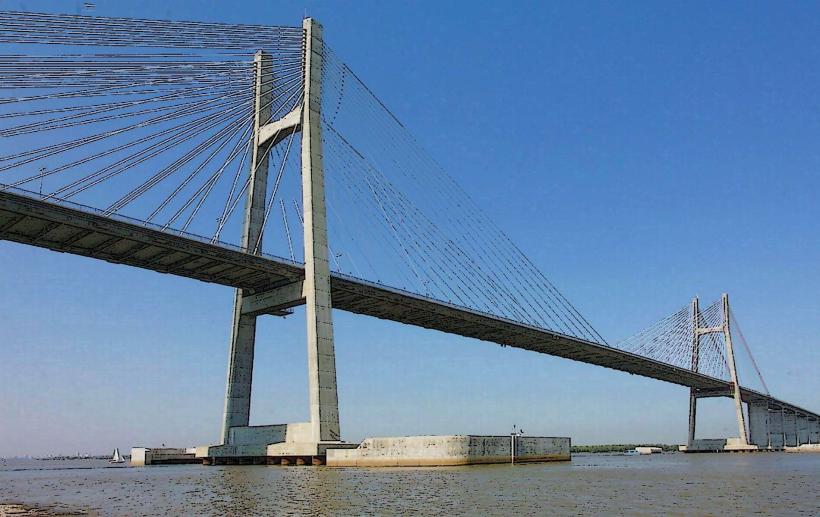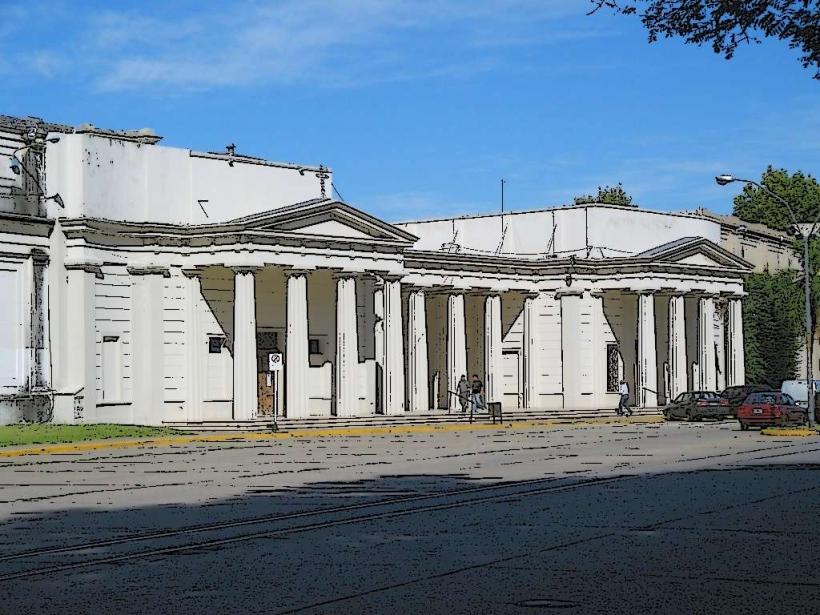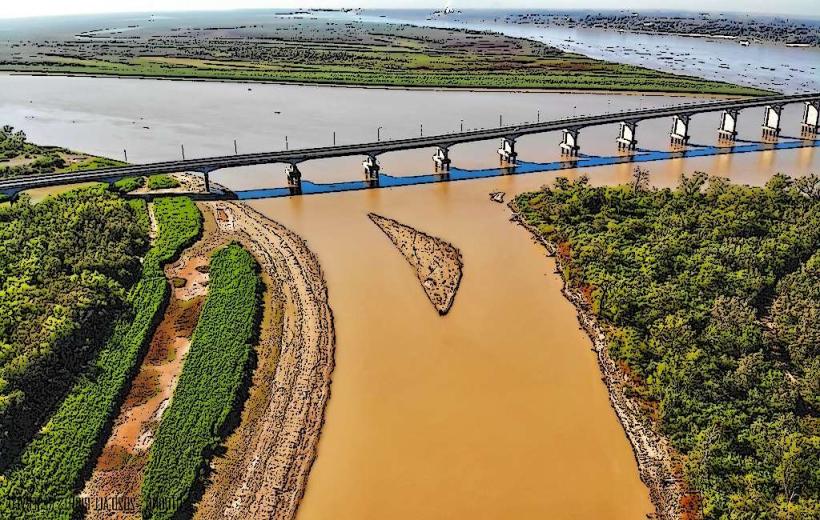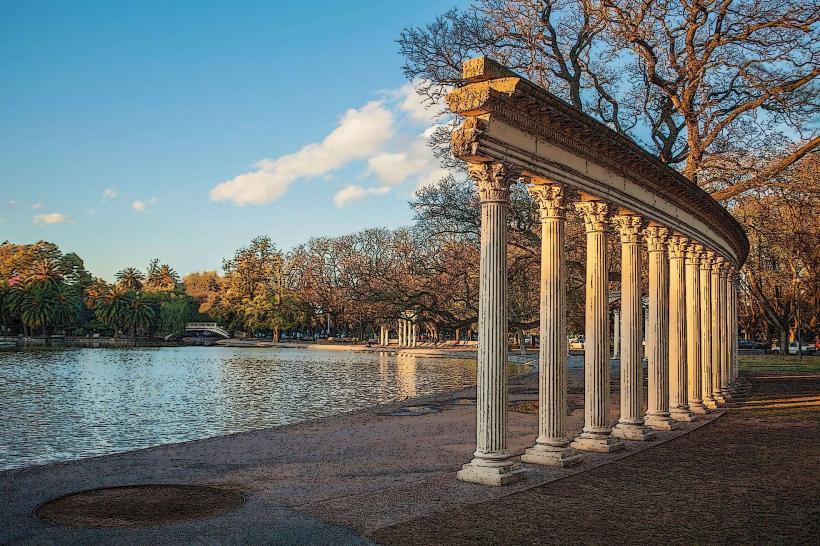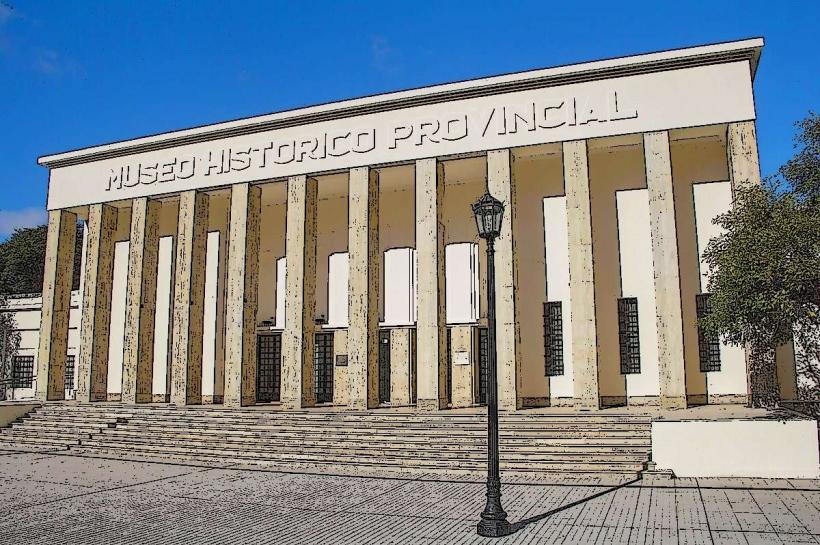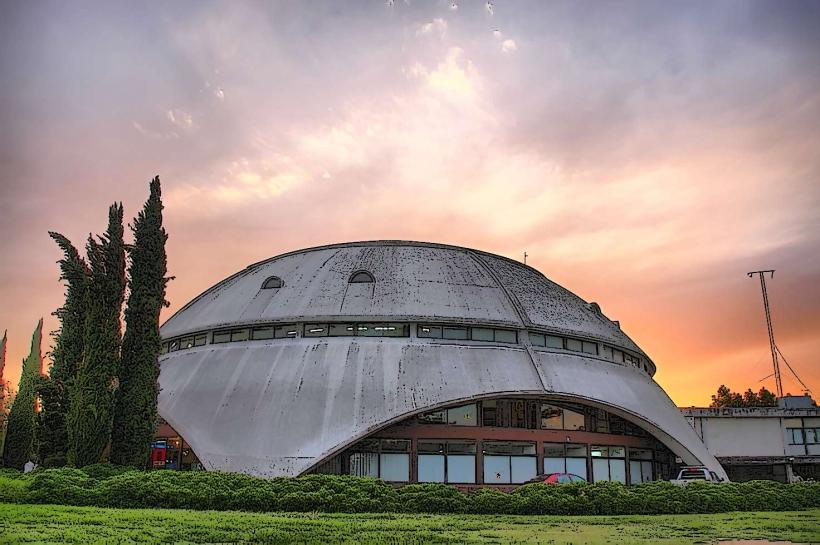Information
City: RosarioCountry: Argentina
Continent: South America
Rosario, Argentina, South America
Rosario serves as the largest city in the Santa Fe province and the primary river-port hub of Argentina. It is situated on the western bank of the Paraná River, approximately 300 km northwest of Buenos Aires, functioning as the center of the nation's grain export industry.
Historical Timeline
Founded in the early 18th century without a formal act of foundation, Rosario grew from a small chapel settlement into a major rail and maritime center. On February 27, 1812, Manuel Belgrano raised the Argentine Flag for the first time on the banks of the Paraná. In the late 19th century, it was known as the "Argentine Chicago" due to its rapid industrialization and grain trade. Modern history is defined by its role as a cultural powerhouse and, more recently, by significant security challenges related to the regional narcotics trade.
Demographics & Population
The metropolitan population (Greater Rosario) is approximately 1.35 million. The demographic is heavily influenced by the massive waves of Italian and Spanish immigration in the late 19th century. Residents are known as Rosarinos and are characterized by a fierce local pride, a distinct "R" pronunciation, and an intense rivalry between the city’s two major football clubs: Rosario Central and Newell's Old Boys.
Urban Layout & Key Districts
Centro: The commercial and administrative core, featuring pedestrian streets like Córdoba and the historic Plaza 25 de Mayo.
Pichincha: Formerly the red-light district, now the city's premier bohemian and craft beer hub.
Costanera: The extensive waterfront park system along the Paraná River.
Puerto Norte: A high-end district of converted silos and modern skyscrapers, representing the city's recent urban renewal.
Fisherton: An upscale, leafy residential district near the airport with English-style architecture.
Top City Landmarks
National Flag Memorial (Monumento a la Bandera): A massive stone complex housing the remains of Manuel Belgrano and the site of the first flag raising.
Parque de la Independencia: The city’s largest park, featuring a lake, a rose garden, and several museums.
El Círculo Theatre: A prestigious opera house known for its world-class acoustics.
Contemporary Art Museum (MACRO): Situated in brightly colored former grain silos on the riverfront.
La Florida: The city's primary river beach, popular during the summer months.
Transportation Network
Bus: An extensive urban network using the SUBE card (integrated with the national system).
Bicycles: The "Mi Bici Tu Bici" public sharing system is highly efficient and covers most central districts.
Train: Connects Rosario to Buenos Aires (Retiro) and Córdoba; the service is affordable but slow.
Ride-sharing: Uber and Cabify are active; local "taxis" (black and yellow) are abundant.
Air: Rosario - Islas Malvinas International Airport (ROS) serves domestic and regional routes.
Safety & "Red Zones"
Rosario currently faces the highest crime rates in Argentina due to disputes between drug trafficking groups.
Red Zones: Avoid peripheral neighborhoods (barrios) such as Ludueña, Empalme Graneros, and Las Flores.
Precautions: Stick to the waterfront (Costanera), Pichincha, and the main avenues in the Centro. Avoid walking in deserted areas of the center after dark. High vigilance against "motochorros" (motorcycle thieves) is required.
Digital & Financial Infrastructure
Average internet speed is 95 Mbps. 5G is available in Puerto Norte and the central corridor. Like the rest of Argentina, the "Blue Dollar" market is standard for currency exchange. Mercado Pago is the dominant digital payment method.
Climate & Air Quality
Humid subtropical climate. Temperatures range from 6°C to 17°C in winter and 20°C to 32°C in summer. Air quality is generally good, though the city frequently experiences smoke/haze (humo) during the winter and spring due to the burning of wetlands in the nearby Paraná Delta.
Culture & Social Norms
Rosario is the birthplace of Che Guevara, Lionel Messi, and Lucio Fontana. Tipping is a 10% service charge. A unique social norm is the frequenting of "Carritos" along the river for choripán. The city has a massive "after-office" culture in the Pichincha district.
Accommodation Zones
Centro / Costanera: Recommended for proximity to monuments and river views.
Puerto Norte: Recommended for business travelers and high-end security.
Local Cost Index
1 Espresso: 2,400 ARS ($2.40 approx.)
1 Standard Lunch (Milanesa): 11,000 ARS ($11.00)
1 Taxi/Uber (5km): 5,500 ARS ($5.50)
Nearby Day Trips
Victoria (Entre Ríos): Accessible via the 60 km Rosario-Victoria Bridge; known for its casino and wetlands.
San Lorenzo: Site of the San Lorenzo Convent and the only battle fought by San Martín in Argentina (25 km).
Paraná River Delta: Accessible by boat for kayaking and wildlife viewing.
Facts & Legends
A prominent legend involves the "Ghost of the Tunnel," a worker said to haunt the railway tunnel under the city. A verified historical oddity is that the National Flag Memorial is built in the shape of a ship "sailing" toward the river. Another fact: Rosario has the highest number of square meters of green space per inhabitant in Argentina.

